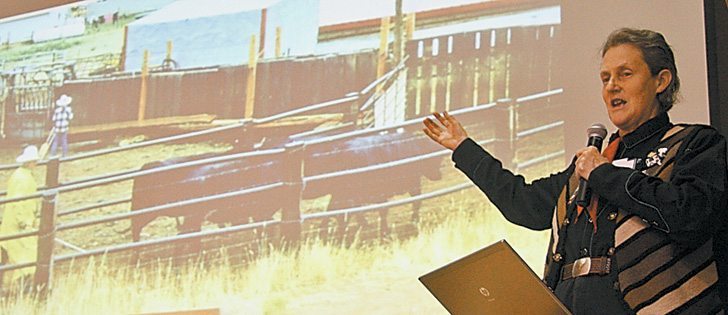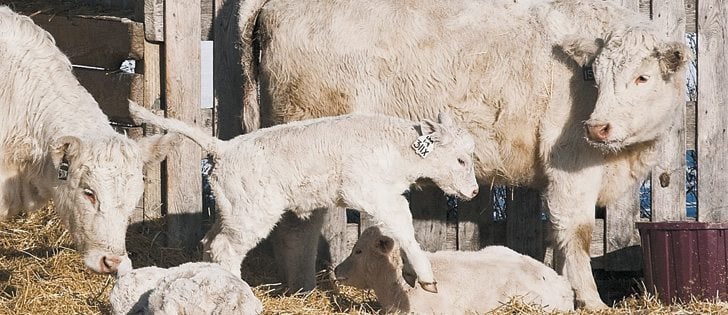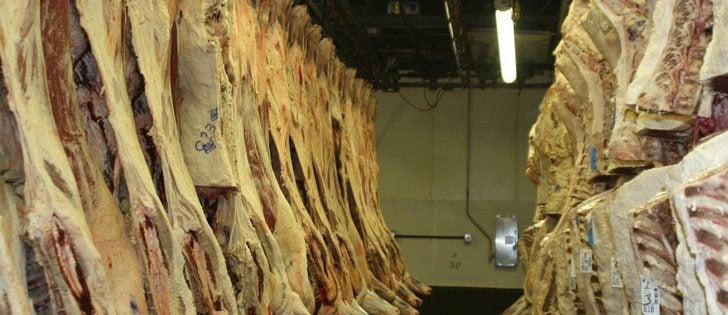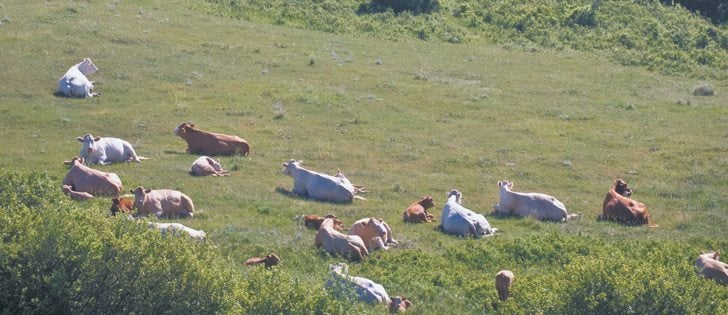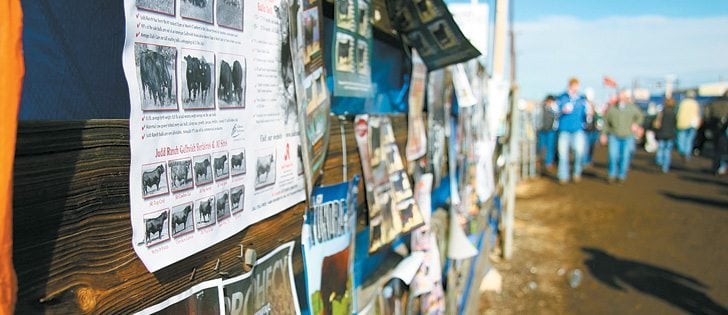OLDS, Alta. — Forage producers plan to identify priorities for expanding their industry.
Members of the newly formed Alberta Forage Industry Network want to focus on key areas of their industry rather than using a scatter gun approach to deal with issues.
With memberships as the only form of funding, the group hopes to make the organization relevant to governments and forage producers as a way to attract funding.
Livestock producer Lyndon Mansell said attracting government and industry dollars for research is key to the industry.
Read Also
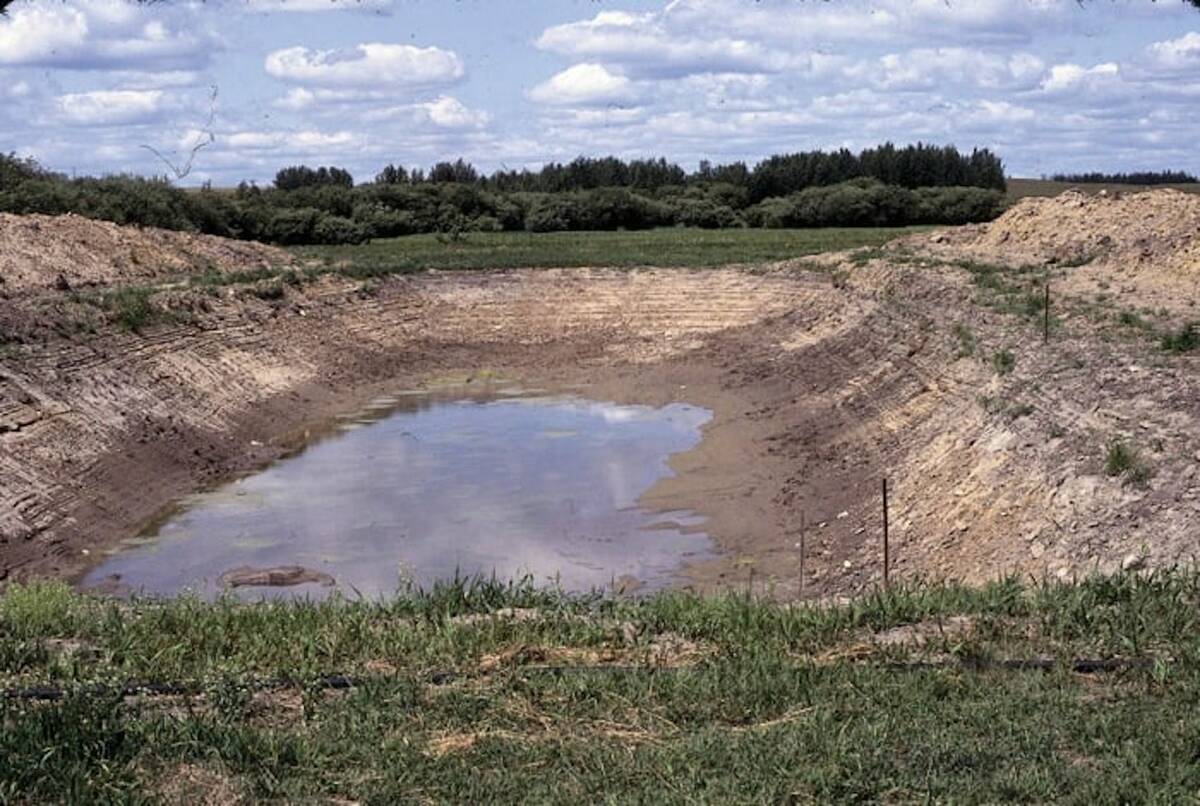
Dry summer conditions can lead to poor water quality for livestock
Drought conditions in the Prairies has led to an decrease in water quality, and producers are being advised to closely monitor water quality for their animals.
“It’s hard to attract enough people to get into forage research because it isn’t sexy,” said Mansell, who would like to see regional forage testing trials similar to pulses, cereals and oilseeds.
“It takes time and funding and it has to become a priority. The nature of forage research is it takes time.”
Agriculture Canada forage researcher Surya Acharya said forage research was previously based on maximum inputs for maximum production. Little research has been done on looking at minimum inputs to provide maximum production.
“There are different things we can try, but it is all long term and it will require funding,” said Acharya.
Figuring out the best way to transport hay is also needed, said Alberta forage specialist Grant Lasik.
Canadian producers missed out on lucrative sales to drought-stricken Texas because most hay is put up in large, round bales.
“There are opportunities to sell hay to Texas, but it’s not being shipped south in 1,200 pound round bales,” said Lastiwka.
Russell Mellow with hay exporter Wilbur-Ellis of Lethbridge said forage producers need to identify their markets before seeding forages.
His company receives plenty of calls from farmers wanting to sell excess hay, but it’s the wrong kind and in the wrong form.
“We’re desperate for more hay, but it’s got be something we can use. Round bales are out for us,” said Mellow, whose company buys high quality hay in large or small square bales.
AFIN chair Don McLennan said it will take patience to get their organization started.
“We have to start proving ourselves and why we’re important and why we have a value,” said McLennan.





